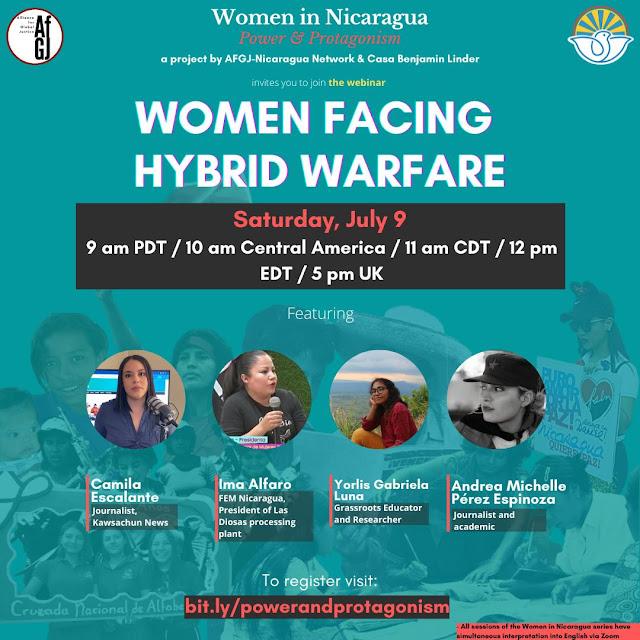For several months now, President Nayib Bukele of El Salvador has pursued a campaign of mass arrests. Under his recently extended state of emergency, police have arrested more than 43,000 people on suspicion of membership in the gangs MS-13 and Barrio 18, which the government classifies as terrorist groups. Grounds for arrest include having tattoos, living in neighborhoods with gang presence or simply “looking like criminals.” Amnesty International has reported on human rights abuses, including indefinite pretrial detention, trials in absentia and lifting sentencing restrictions on minors as young as 12. At least 59 people have died in custody, according to the Salvadoran human rights group Cristosal.
- Home
- About Us
- Issues
- Countries
- Rapid Response Network
- Young Adults
- Get Involved
- Calendar
- Donate
- Blog

